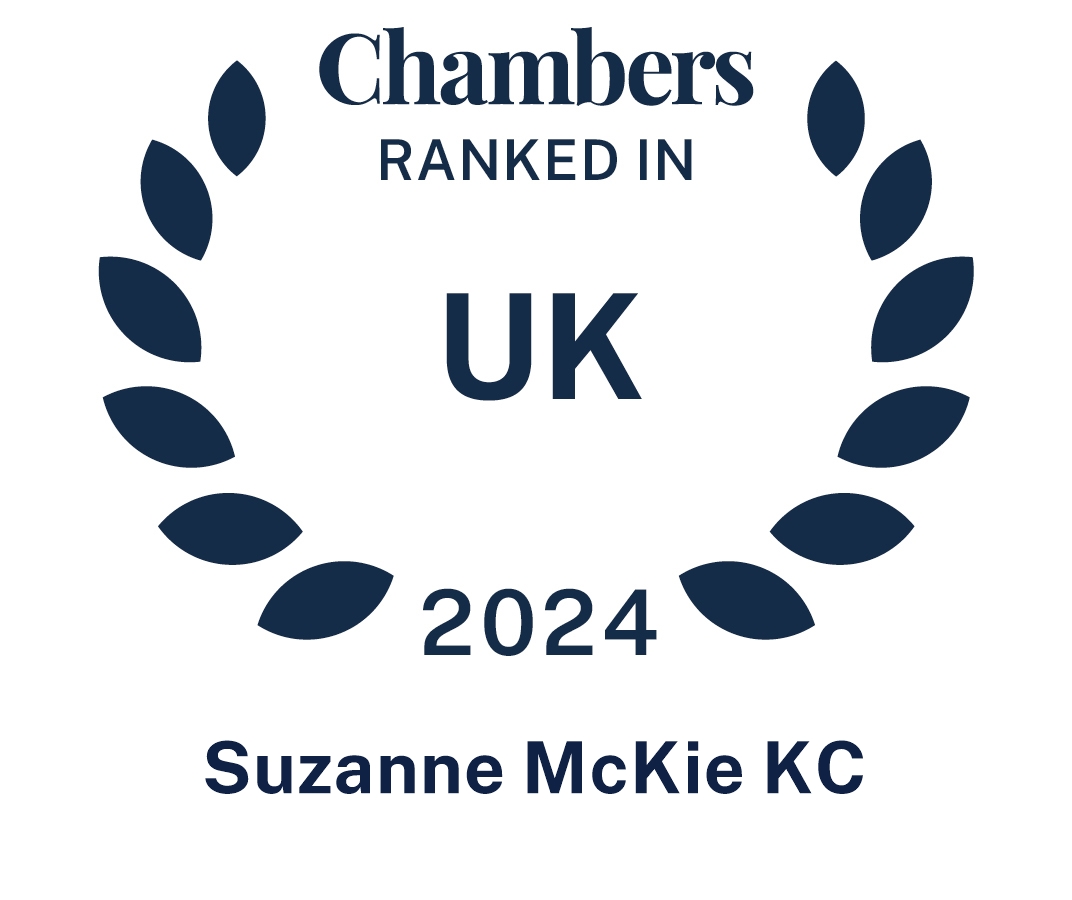
6 September 2019
|Investigations
Legal Professional Privilege
Confidentiality of legal advice: why banks and other large companies could be discouraged from carrying out internal investigations
Banks could be discouraged from carrying out internal investigations because of controversial limitations on whether or not legal advice can be kept confidential. Some senior judges are now calling for changes to the law, reports Financial News.
It is well-established that advice given by lawyers to their clients is protected by legal privilege. This means that a client cannot be forced to disclose the details of such advice to anybody, including other lawyers or the courts themselves. However, the scope of this rule may be narrowing. Large companies (such as banks) can find themselves being effectively penalised for conducting internal investigations into suspected fraud or wrongdoing that later come to court. This could discourage companies from undertaking such investigations in the first place.
Take for example the RBS 2008 Shareholder Rights Issue litigation, which was settled out of court in 2017. The High Court ruled that records of lawyers’ interviews with RBS employees – conducted as part of an internal investigation – were not privileged: the investors suing RBS could therefore demand their disclosure. This approach was also confirmed in a 2018 case: the Eurasian Natural Resources Corporation Limited (“ENRC”) had instructed lawyers and forensic accountants to investigate allegations of wrongdoing, and the Serious Fraud Office (“SFO”) subsequently attempted to obtain the relevant material. The Court of Appeal found that the documents were protected from disclosure, but not by legal advice privilege – rather, they were protected by the fact that they were prepared for the purpose of anticipated legal proceedings (litigation privilege). The judges indicated that, in their view, the principle is flawed. Yet, the law can only be changed if the issue comes before the Supreme Court.
Financial News reports that many lawyers fear that the scope of privilege is under attack, and that there have been a number of cases in both the High Court and Court of Appeal over the past few years in which a party has successfully challenged the other side’s claim to withhold documents. Although this approach is partly encouraged due to the sheer size and value of certain claims, Financial News reports that it is more because those bringing such challenges are becoming increasingly cynical about the extent to which such evidence might be improperly withheld from them. Enforcement agencies such as the SFO add to this pressure by continuing to challenge the scope of privilege, and through suggesting that disclosure of privileged materials is an indication of full co-operation that may be rewarded with a more lenient sanction.
This runs the risk of creating unfairness. The Court of Appeal in the ENRC case noted the adverse impact on large corporations: when a lawyer acts for an individual or for a small company, the person(s) instructing the lawyer will usually be able to provide all relevant factual information that is needed. Such communications are privileged. However, in a large organisation, the in-house legal team responsible for instructing external advisers are unlikely to have direct personal knowledge of the relevant facts. This means it will be necessary to interview other employees, which potentially creates a non-privileged record.
As such, if large companies cannot claim legal privilege for internal investigation materials created by their legal advisers, they may be discouraged from investigating suspected wrongdoing at all. Unless and until the issue is reconsidered by the Supreme Court, the problem remains.
Source: Financial News






